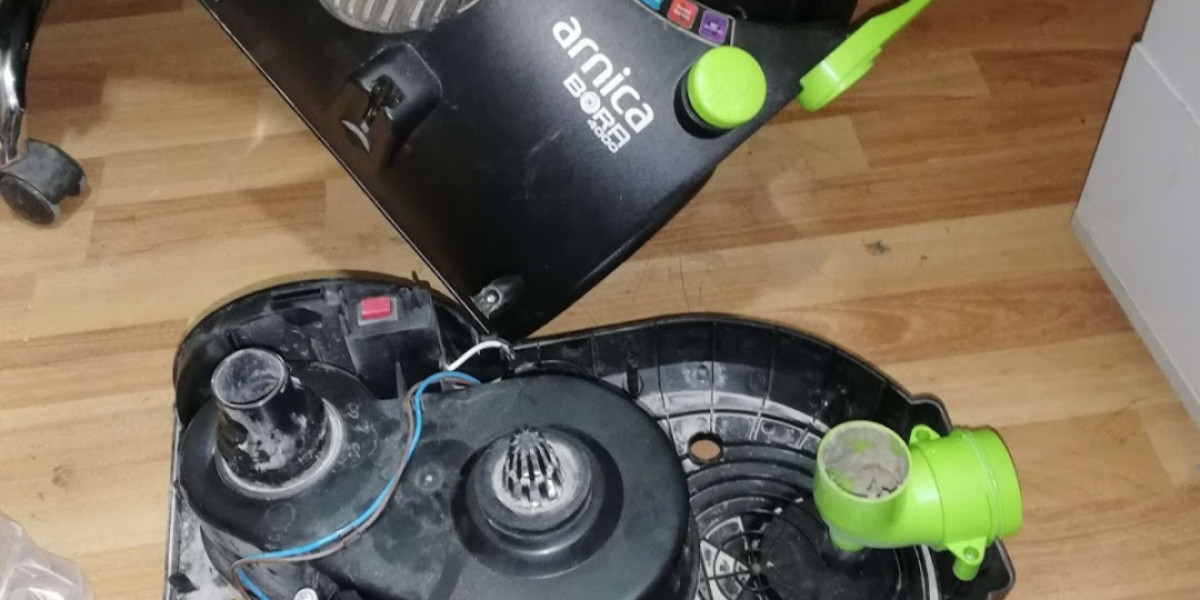 There is no legal requirement that homeowners be equipped with a gas safety certification. It could put potential buyers at ease and can even speed up the sale.
There is no legal requirement that homeowners be equipped with a gas safety certification. It could put potential buyers at ease and can even speed up the sale.It also helps to spot any heating or gas-related problems early, thereby making homeowners more money and preventing potentially fatal carbon monoxide leaks. Find out more about the reasons homeowners need certificates of gas safety and how it works.
Legal Requirements
Landlords are legally required have their properties inspected on an annual basis, and one of the most important aspects of this is obtaining the gas safety certificate. This document proves that all appliances, flues and fittings in a property have been checked by a certified engineer and are safe to use.
The engineer will make sure that all gas appliances function properly, that the connections are secure and that there is enough ventilation. They will also look for blockages in the flues, and ensure that all gas pipes are appropriately measured and free of corrosion, make sure there isn't any leakage and that carbon monoxide is not being produced. The gas safety certificate will be produced with a list of appliances and the date they were examined.
A homeowner may also wish to obtain gas safety certifications, which will provide them with peace of mind about the state and installation of gas appliances within their home. It also helps identify any issues early which will reduce costs and prevent accidents.
A prospective buyer of a property might ask for the gas safety records. this is a good idea if you are considering selling your house. This will inform the buyer know that the gas appliances and installations are in good shape and can help save you money and time.
If a landlord fails to get their gas safety certificates in place, they're at risk of being fined and could be subject to legal action from tenants or the council. This is due to the fact that the building isn't considered suitable for human use and could lead to people being injured or even killed.
It's an excellent idea to keep a copy of the gas safety certificate for your documents, so that you can show it to prospective buyers or tenants. This can help to boost the marketability of your home, and it will also signal to them that you take the security of your tenants seriously.
Benefits
Having a gas safety certificate is important for landlords and homeowners alike. It ensures that all appliances and installation comply with safety standards, and shields residents from dangers such as carbon monoxide poisoning. It also protects landlords from the potentially devastating legal consequences for non-compliance with regulations.
Landlords who do not comply with the regulations on gas safety expose their tenants to danger and may be subject to fines or even prison time. Possessing a valid gas safety certificate will assist in avoiding this, and make renting out a property much easier, as prospective tenants will be more likely to rent from landlords who have a good track record.
Before making an offer, those who are looking to purchase a home must ensure whether the current owner has a valid certificate of gas safety. This will provide them with peace of mind that the gas appliances and installations are safe to use and they will avoid having to cover costly repairs after they move in.
Certain home insurance policies might require an official certificate of gas safety as a condition to be covered. This is especially true for landlords who might be required to provide proof of their compliance with the gas safety regulations by their insurer in order to obtain or renew their policy.
Homeowners should confirm that the engineer they choose is Gas Safe registered before having any work done on their gas appliances and mkgassafety.Co.uk installations. Only those registered on the Gas Safe register have passed rigorous tests and are able to conduct safety inspections on gas systems. Homeowners should also request their engineer to submit an extensive written report after the inspection has been completed. It will contain the list of all the gas appliances and installations that have been inspected as well as their current status (pass or fail) and any suggested actions to take. It is important to get a copy of the certificate for your records. Many customers have praised professional service and speedy turnaround times of their preferred gas safety engineers and have been able to provide them with peace of mind and reassurance that their homes are safe to live in.
Costs
Gas safety certificates are not only a legal requirement for landlords as well as an investment in the safety of your tenants. CP12 certificates are a yearly inspection of your gas appliances and pipework to make sure that they're safe to use, and it's a good idea for homeowners as well, since gas equipment that is not working properly can result in carbon monoxide poisoning or even explosions.
The cost of the CP12 certification varies from property to property, but generally, it is approximately PS80. This includes the engineer's cost and an original certificate for you to keep in your files and any work that may need doing to bring your appliances to standards. If you're a landlord it's worth obtaining quotes from multiple engineers to determine the most affordable price be wary of rates that appear too good to be true.
Landlords are accountable for all gas appliances and flues in their homes, and the law obliges them to conduct an annual inspection conducted by a qualified Gas Safe engineer. This ensures that your properties are safe for your family to live in, and it will also help you avoid costly fines and even jail time when you don't comply with the legal requirements.
The costs associated with gas safety checks depend on several factors, such as the number of appliances used and the kind of property. Homes that are residential typically have fewer gas appliances, which lowers the cost. Commercial properties might require a deeper inspection, which can result in more expensive costs. It is possible to save money by grouping your inspections and organizing them all at the same time and some engineers will offer discounts when you do this.
Location is another major factor in determining the cost of a certificate. Prices can vary widely across the UK, and are often higher in areas that have a higher demand for engineers. Emergency inspections are required in the event that your gas safety certificate is due expire, can cost more than regular inspections.
Expiry Date
It is essential to have your home inspected every year. Not only will you be in compliance with the law, but you and your tenants will remain safe. This is especially crucial for landlords who let their properties to tenants. Landlords are accountable for ensuring that all gas appliances are operating safely and have an up-to-date gas safety certificate.
Gas safety inspections are conducted by Gas Safe registered engineers who examine the boiler, flues and any other gas appliances in the house. Gas safety certificates will identify any defective appliances. These are classified as ID (immediate risk) or AR (at-risk) or NT(not in compliance with current standards). Appliances that are rated ID must be replaced immediately and those rated AR require urgent repairs.
You will receive a copy after the engineer is finished. It must be handed out to all tenants within 28-days of the service, and to new tenants before moving into. Failure to comply with this requirement could result in fines, or in more serious cases, prosecution.
Gas safety checks are not required by law for homeowners, however it is strongly recommended that they get them done. This will help them avoid any unforeseen issues that may arise with their gas appliances and provide them with the assurance that they are safe to use. It is also important to know that certain home insurance policies require an official Gas Safety Certificate.
In certain situations a landlord may face difficulties getting access to their property to conduct the gas safety test. However, the tenancy agreement should clearly declare that the landlord has the right to access the property to conduct safety and maintenance checks. Landlords must use every reasonable measure to gain access to their property, which includes repeating their request and writing to tenants to explain that gas safety inspections are required by law. If nothing else works, a tenant can terminate their lease and seek legal advice.








